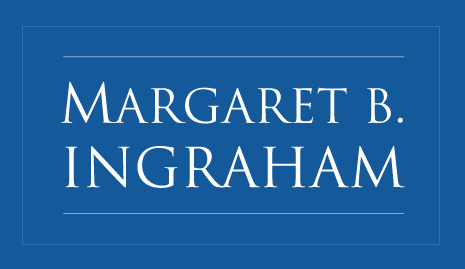The beauty of the psalms, like most great poetry, resides in its independent meaning. That is, the poems can and do speak to us whether or not we know the context in which they were written or anything about the poet who composed them. Now I suspect that some of you, who read last week’s post, are scratching your heads. “Hold on,” you must be saying, “this seems to contradict what you wrote last week. Wasn’t the emphasis on looking at the work in an historical and situational context.”
Yes, that was a large part of the discussion. But, no, it is not a contradiction to say that the psalms can and do have meaning in, by and of themselves, individually. Most often that is how readers encounter them. Individually. While each of the psalms is part the psalter and the psalter is part of the larger biblical text, it is more than likely that the majority of people touched by the psalms across the ages, continents and tongues have first (and perhaps solely) encountered them as a single poem, apart from any provenance or context. Many knew nothing of David or Judaism or Christianity or Scripture. They may not even have been curious about any those things at the outset, if ever. Rather, they simply responded to the psalmist as he poured out his heart to God in words they could understand, expressing emotions and longings they felt but had not been able to articulate themselves. The great psalmist’s was and is a universal language. In those cases when readers or listeners meet the psalms that way, the personal and perhaps private circumstances that the readers or listeners bring to the poems is what provides the context (yes, there is always context). Were that not so — if they, or we, do not bring anything of ourselves and our hearts to our experience with the psalms– then the psalms cannot speak in any meaningful way. It is as simple as that.
Nevertheless, I will not back away from the contention that the power of every image, metaphor, figure of speech is enhanced by understanding its meaning to the psalmist — that is, to him who first spoke it. Frankly, we cannot know that all perfectly or  perhaps even know any of it with absolute certainty. Our knowledge of history and scripture, however, can help inform our understanding. So can our sincere musings.
perhaps even know any of it with absolute certainty. Our knowledge of history and scripture, however, can help inform our understanding. So can our sincere musings.
Sometimes I like to picture young David sitting among his sheep on an isolated hillside staring up to the expansive evening sky as night begins its descent on his camp. Their stomachs filled from the grassy bounty that God Himself has provided, his sheep rest quietly. All is still. And David looks and David listens; and he learns from the whole of the creation around him. First, he surveys again the magnificent handiwork of his God. Then, he watches as the sheep begin to ruminate, and he draws his lesson from them as well. They chew and chew on the little they have been given or that they have instinctively taken in small bits from what grows around them. That meal’s portion is sufficient for the evening and all that a ruminant, because of the manner in which its stomachs function, can digest at one time. I like to imagine that David sees a lesson there too, by profession and observation having come to comprehend the actions of his sheep in both a literal and figurative sense.
Watching his sheep, studying them, knowing their and his dependence on the fruits of the land that flow from His hand perhaps the solitary shepherd even cries out, “You, Lord are my portion” (Ps 16:5). Then he ponders. He considers exactly what it means to call the Lord his portion. He ruminates, as the sheep do. But his sustenance is in knowing his Maker and in sitting in quiet communion with Him — chewing slowly, savoring every moment and morsel and blessing bestowed, taking what is given with contentment, expecting it always is sufficient.
 Surely, throughout the psalms David frequently talks about Adonai, his “my Lord.” When He does we undeniably learn much about Him of Whom he speaks from the man after His heart. The fullness of blessing seems to come to David most intensely, however, when he speaks to Him. The same, of course, is true for us; all of us who pray have experienced that. Yet there are those times, often when we are most in need of intimate conversations of the heart with our God, that our own words will not suffice or will not even come to us at all. Then the psalms can become the marvelous instrument through which we can enter into dialogue with Him and He can bless us.
Surely, throughout the psalms David frequently talks about Adonai, his “my Lord.” When He does we undeniably learn much about Him of Whom he speaks from the man after His heart. The fullness of blessing seems to come to David most intensely, however, when he speaks to Him. The same, of course, is true for us; all of us who pray have experienced that. Yet there are those times, often when we are most in need of intimate conversations of the heart with our God, that our own words will not suffice or will not even come to us at all. Then the psalms can become the marvelous instrument through which we can enter into dialogue with Him and He can bless us.
Every circumstance we face — each joy, each sorrow, every disappointment, every blessing, each grief and every longing — should lead us to call out to Him. As David was, we should be direct, personal, open (for He already knows our thoughts and our hearts and no secrets are hid from Him). Perhaps we should commence by following the psalmist’s straightforward example: “You, Lord, You are…”
This day I need to begin my prayer, praise, petition and conversation this way: “You, Lord, You are the lifter of my head. Be for me now and evermore the lifter of my head.”
Selah. Amen.
